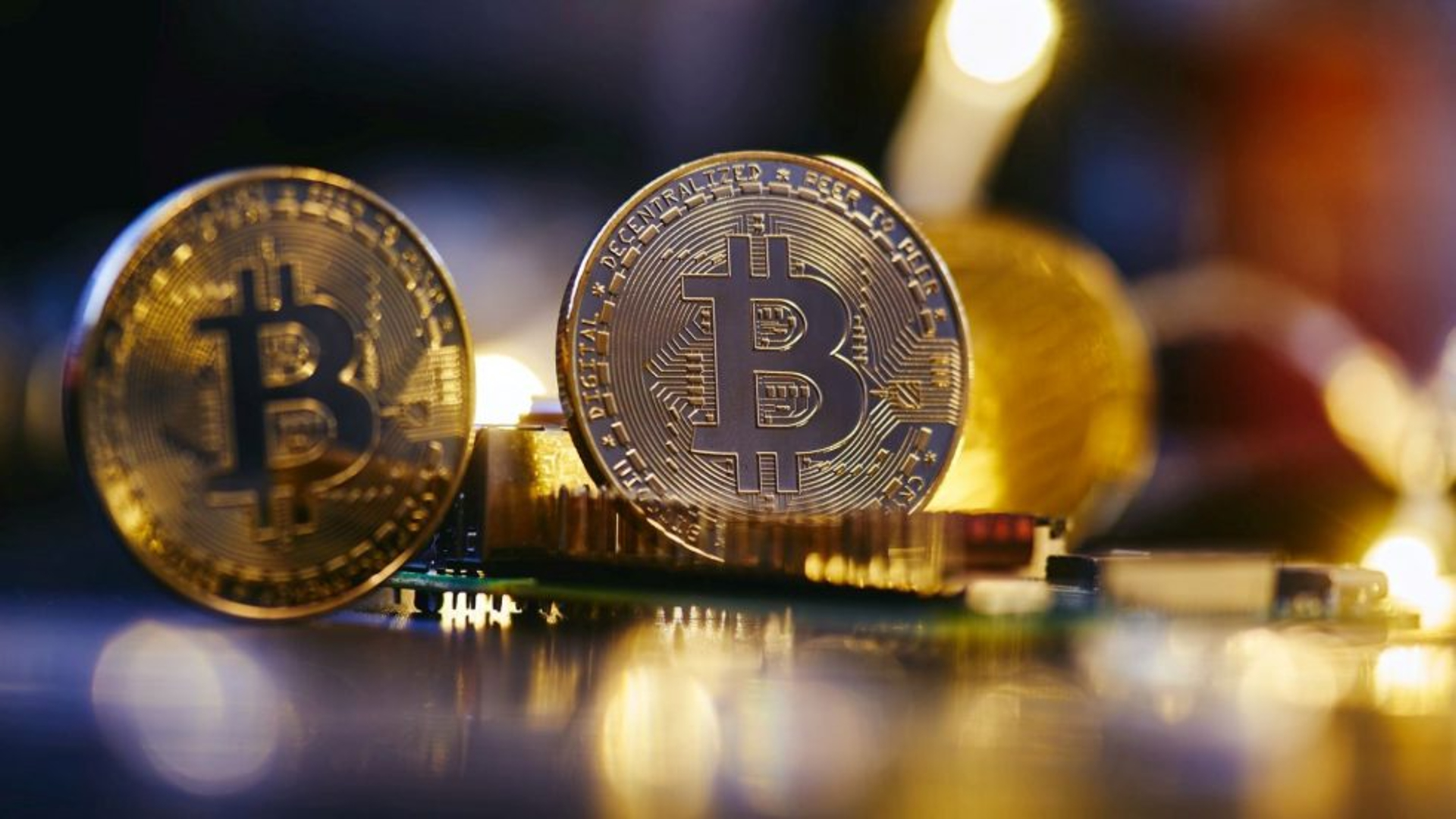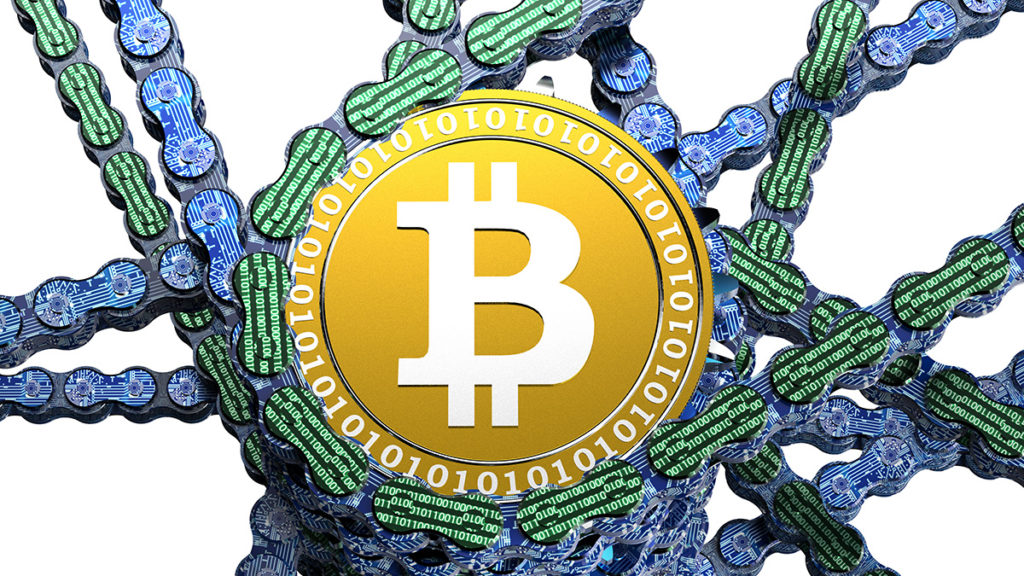Tag: digital currency


What makes Bitcoin such a revolutionary concept?
January 3, 2024 | Post
In the 15 years since the Genesis Block, the first set of 50 BTCs, was mined in January 2009, Bitcoin’s profile and impact on the global economy has increased exponentially. Hundreds of millions of people around the world have begun to recognize the merits of the truly revolutionary concept of a decentralized peer-to-peer currency.

The elite v. the people: Nigeria’s “cashless experiment”
December 14, 2023 | Post
A cashless society: the International Monetary Fund (IMF) calls it the future of money. The World Economic Forum (WEF) was enthusiastic about the concept way before it was cool. In the United States, the usual suspects such as the Brookings Institute and the New York Times ask our leaders to have the boldness and courage to follow this new path.

If you care about liberty, beware of CBDCs
December 11, 2023 | Post
In recent years, the concept of Central Bank Digital Currencies (CBDCs) has gained increasing traction across the globe, with proponents lauding the potential benefits of a digitized monetary system.
However, when we explore the real-life implications of CBDCs, it becomes increasingly clear that the rush toward digital currencies controlled by central banks poses a significant threat to individual liberty.

Don’t believe the hype, Bitcoin is not anti-environment
January 4, 2023 | Post
Bitcoin, an innovative, decentralized digital currency, faces significant criticism over its perceived negative environmental impact. However, it is no enemy of the environment. Here’s how it can be part of the future of clean energy…

How processing payments with Bitcoin is different than cash, banks
February 16, 2017 | Post
Arguably, the most interesting feature of the Bitcoin system is the way in which Bitcoin payments are processed. To make it clear why payments must be processed at all and how Bitcoin processes payments differently, I’ll look at processing payments with cash and banks before turning to bitcoin. Think about a cash transaction. Cash transactions […]

Featured On Demand Program of the Week: Bitcoin
January 18, 2016 | Post
You may have heard a news report or two about Bitcoin. Your friends might have mentioned it in passing at the latest cocktail (read: frat) party, and you may even know someone who has invested in it. But what exactly is Bitcoin? And why is it important? In this program, you will learn the basics […]

